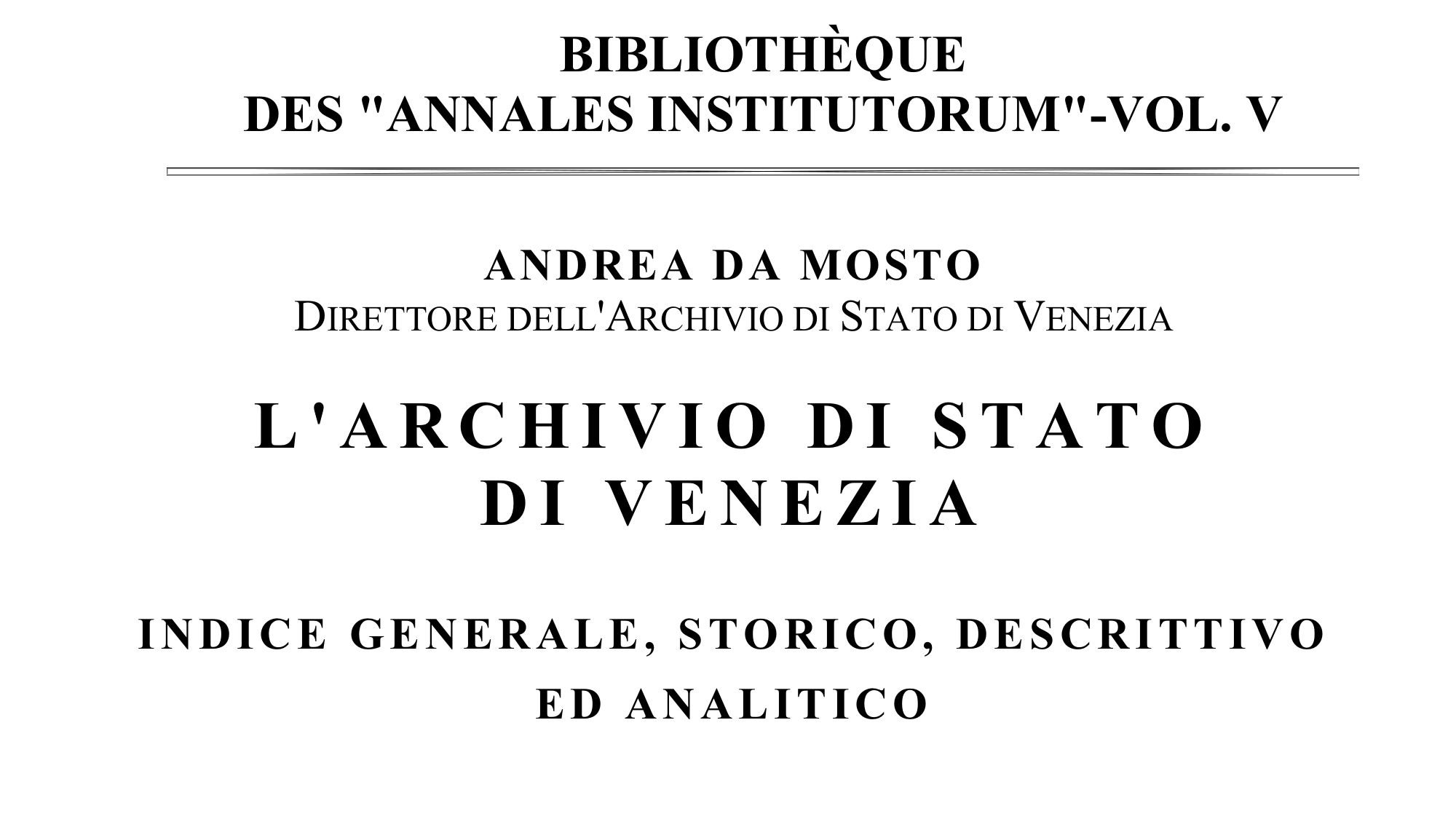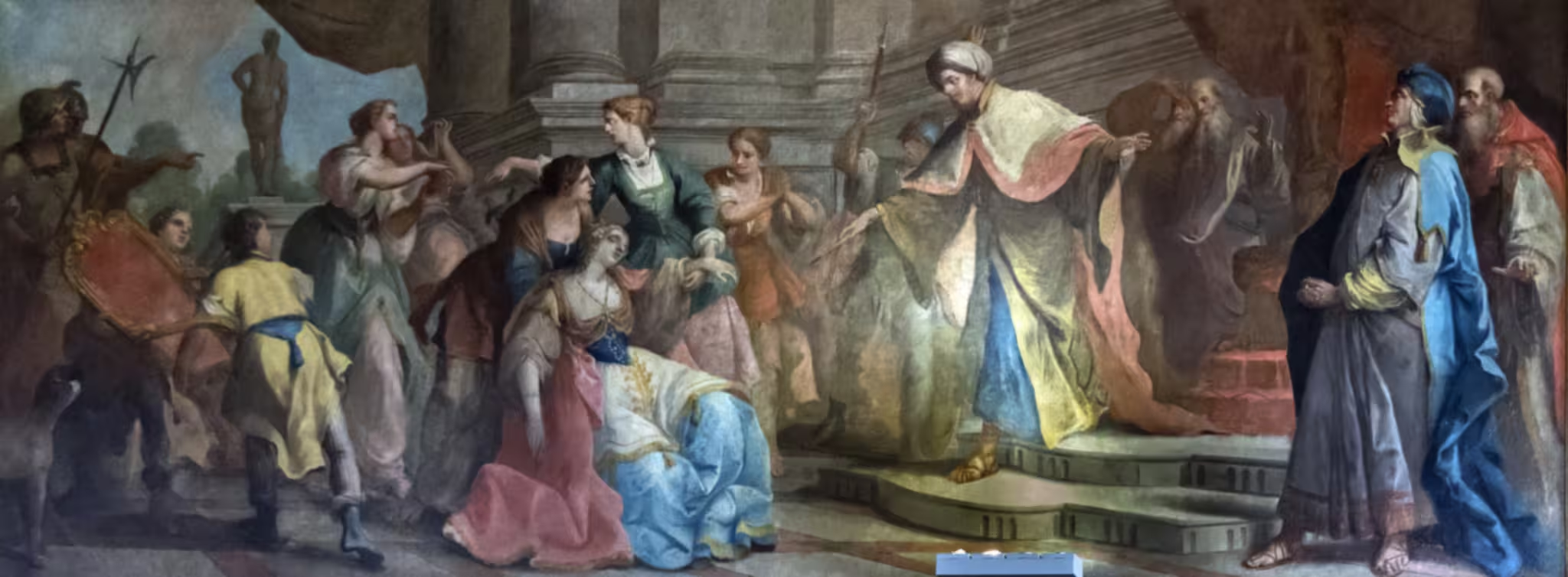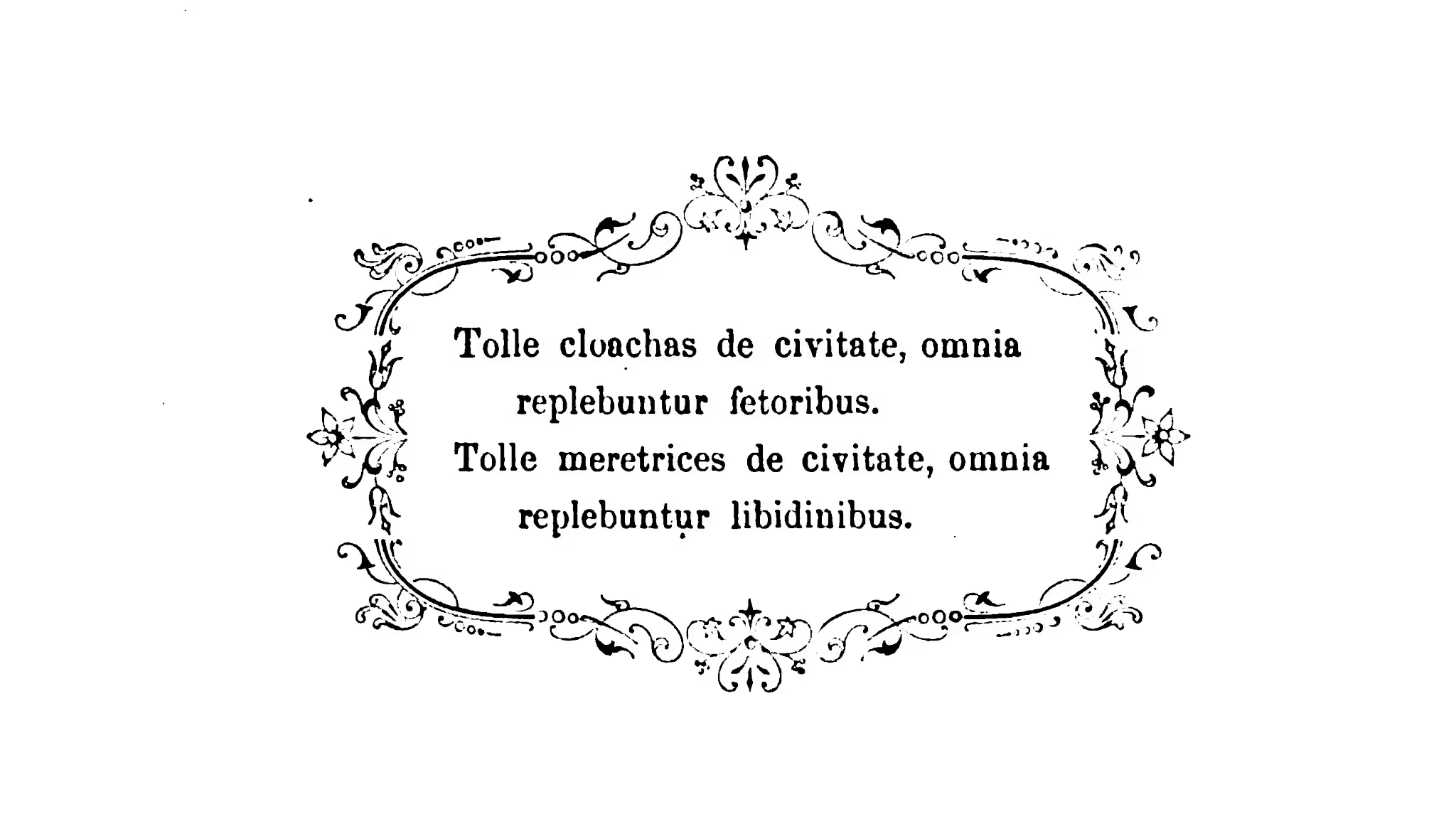Avogaria di Comun
The L’Archivio di Stato di Venezia: indice generale, storico, descrittivo ed analitico by Andrea Da Mosto was published in 1937. Besides being a general index of the holdings of Venetian documents in the state archive, it contains short historical descriptions of most Venetian offices and magistracies.
Andrea Da Mosto (1868-1960) was director of the Archivio di Stato di Venezia (1936-1937).
The date of birth of this very ancient magistracy who already existed in the twelfth century is unknown. It seems that, initially, it had no other task than to defend the assets of the Comune and to decide the cases between the tax authorities and private individuals; subsequently, its functions increased more and more, taking charge of everything that was in harmony with its role as protector and defender of the rights of the State and of the law.
In 1264, the Avogaria was attributed the decision of appeals against capital sentences or prison sentences or banishment, pronounced in the State, and this attribution it retained until the establishment of the Criminal Quarantia. Afterwards only the right of intervention remained, that is, to judge whether a request to appeal to the Forty could be accepted (after the institution of the Auditors in 1343, this right was restricted only to criminal matters).
The Avogadori also had the role of public prosecutors in the Councils, being able to lodge complaints even against the Councillors; supervision of the observance of the rules by the respective magistrates; the exaction of pecuniary penalties imposed by the laws. Furthermore, at least one of them had to be present at the deliberations of the Maggior Consiglio and the Pregadi, which they could also suspend when they acted contrary to the laws. At least one of them had to intervene in the Council of Ten to protect the law: he had no vote but only the right to make proposals and the right to denounce resolutions contrary to the laws.
They also had the right to investigate matters of failure of local bodies to obey the orders of the Dominion, to review the coffers of the offices of S. Marco and Rialto, to seal the chests to prevent fraudulent thefts of money and embezzlement, to carry out the confiscations ordered by the Ten, to replace, with the Lords of Night at the Civil, the other magistrates during the ducal holidays and vacations.
Since 1319, they had the task of ensuring that no one entered the Greater Council without having the right to do so, and, for this purpose, they kept official registers of all those admitted; they decided doubtful cases for admissions; they rejected those who, after a regular procedure, found themselves without the necessary requirements; they instructed the processes of recognition of the rights of citizenship and admission to those positions (e.g. chancellors, reasoners, etc.) for which special family conditions were necessary.
The number of Avogadori, uncertain in the early days, was then regularly three, regardless of those extraordinary Avogadori who were elected in number of two on special occasions, especially to review the accounts of those who had handled public money during the wars.
The duration of their office, initially one year, was, in 1314, increased to 16 months; in 1551, a contumacy1 of equal duration was established.
Translator’s notes
- The term contumacia in this context means a period, after an individual has held an office, where he cannot hold another office of the state. ↩︎
Original Italian text
E’ ignota la data di nascita di questo antichissimo magistrato che esisteva già nel sec. XII. Pare che, dapprima, non avesse altra incombenza che di difendere i beni del Comune e di decidere le cause fra il fisco ed i privati; in seguito, le sue funzioni aumentarono sempre più, incaricandosi esso di tutto ciò che stava in armonia con la sua qualità di protettore e difensore dei diritti dello Stato e della legge.
Nel 1264, all’Avogaria fu attribuita la decisione degli appelli contro le sentenze di condanne capitali o al carcere o al bando, pronunziato nello Stato, e questa attribuzione essa conservò fino alla istituzione della Quarantia Criminale. Dopo ad essa, rimase solamente il diritto di intromissione, cioè di giudicare se una istanza di appellazione ai Quaranta poteva essere accettata (dopo l’istituzione, avvenuta nel 1343, degli Auditori tale diritto si restrinse solamente alla materia penale).
Gli Avogadori avevano inoltre il carico di accusatori pubblici nei Consigli, potendo muovere querela anche contro i Consiglieri; la vigilanza sull’osservanza dei capitolari da parte dei rispettivi magistrati; l’esazione delle pene pecuniarie portate dalle leggi. Inoltre, uno di essi almeno, doveva essere presente alle deliberazioni del Maggior Consiglio e dei Pregadi, che potevano anche sospendere quando fossero contrarie alle leggi. Almeno uno di essi doveva intervenire in Consiglio dei Dieci a tutela della legge: non vi aveva voto ma solo facoltà di proposta e diritto di placitare le deliberazioni contrarie alle leggi.
Avevano inoltre il diritto di inquisire in materia di mancata obbedienza degli organi locali agli ordini del Dominio, di rivedere le casse degli uffici di S. Marco e di Rialto, di bollare gli scrigni per impedire le sottrazioni fraudolenti di denaro ed il peculato, di eseguire le confische ordinate dai Dieci, di supplire, con i Signori di Notte al Civil, gli altri magistrati nelle ferie e nelle vacanze ducali.
Fin dal 1319, ebbero l’incarico di vegliare perché nessuno entrasse senza avervi diritto in Maggior Consiglio e, a tale scopo, tenevano registri ufficiali di tutti gli ammessi; decidevano i casi dubbi per le ammissioni; rigettavano quelli che, dopo regolare procedura, si fossero trovati sprovvisti dei dovuti requisiti; istruivano i processi per riconoscere i diritti di cittadinanza e di ammissione a quelle cariche (es. cancellieri, ragionati, ecc.) per cui occorrevano speciali condizioni di famiglia.
Il numero degli Avogadori, incerto nei primi tempi, fu poi regolarmente di tre, a prescindere da quegli Avogadori straordinari che venivano eletti69 in numero di due in speciali occasioni, specie per rivedere i conti di coloro che avevano maneggiato denaro pubblico durante le guerre.
La durata della loro carica, in un primo tempo di un anno, fu, nel 1314, portata a 16 mesi; nel 1551, fu fissata una contumacia di ugual durata.
p. 68
Related articles
- Avogadori del Comun — Lessico Veneto
- Avogadòr — Dizionario
- State institutions of the Republic of Venice




Leave a Reply